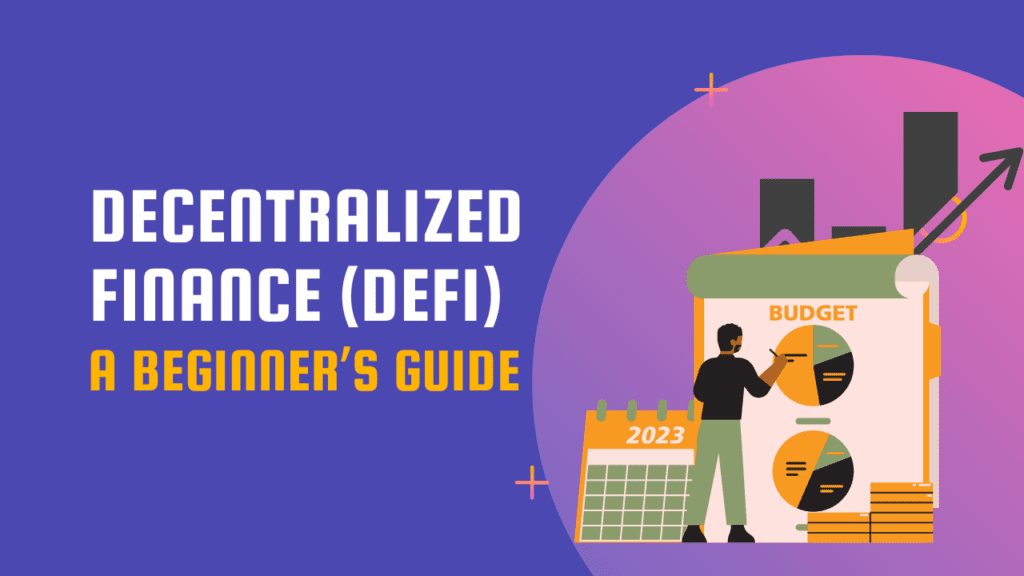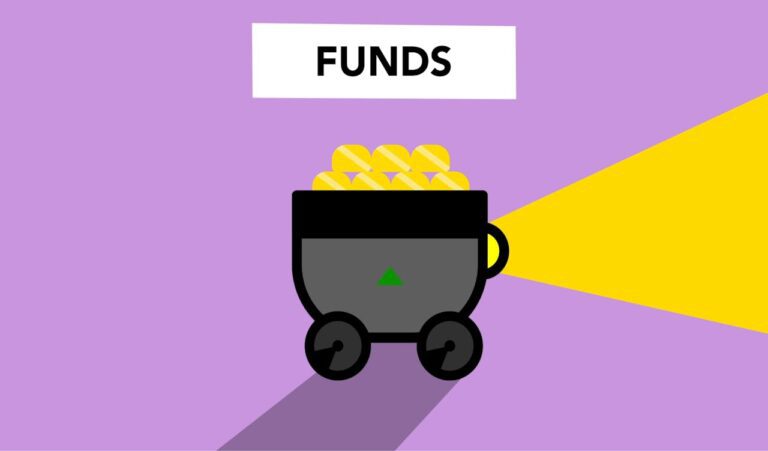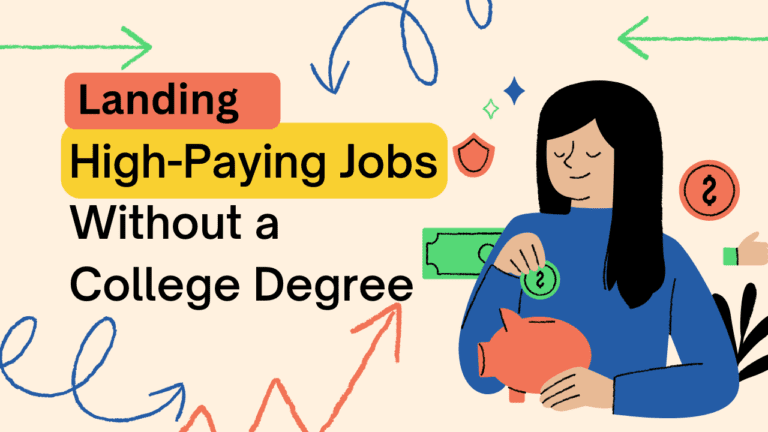Decentralized Finance (DeFi) – A Beginner’s Guide

Decentralized finance, abbreviated as DeFi, describes financial applications built on blockchain networks allowing peer-to-peer transactions without centralized intermediaries.
DeFi aims to transform traditional financing by eliminating bureaucratic hierarchies around approving, holding, or transferring assets.
Everything gets recorded transparently across ledger entries visible to all network participants. While still an emerging niche domain, DeFi holds tremendous potential for expanding access, efficiency, and security around financial services. This beginner’s guide covers the fundamentals to understand this coming wave of disruption.
Escaping Geographic Barriers
Traditional banking and financing largely remain constrained to specific geographies, excluding remote regions or developing nations from core services.
But by operating on blockchain rails able to transcend borders, DeFi delivers universal accessibility to crypto lending programs, trading exchanges, savings accounts, crowdfunding platforms, and insurance offerings. Even micro-transactions become feasible to promote financial inclusion.
As long as internet connectivity exists, geography no longer imposes barriers under decentralized models.
Enhanced Transparency & Auditability
DeFi transactions happen in public environments with intimate details like wallet balances, money transfers, transactions, trades, and stored values open to inspection by any blockchain explorer. Such radical transparency deters misconduct and fraud given records prove unalterable under network consensus rules.
Auditing smart contracts controlling DeFi apps also promotes reliability given publicly visible code removes guesswork. Thus users can evaluate transparency and auditability assurances before committing assets to decentralized services.
Streamlined Operations & Reduced Fees
Centralized finance middlemen add friction through tedious paperwork, restrictive operating hours, and delayed approvals before moving funds – all while imposing fees every step. But by directly linking peers through automation, DeFi slashes overhead costs and quickens processes to near real-time delivery. Programmatic protocols cut administrative tedium. And without lavish office high-rises, dividends shift more to users through lowered lending rates or trading fees difficult for traditional competitors to ever achieve.
User Control & Custody
Under centralized models, customers surrender significant control over assets governed by opaque institutional policies. However, participating in DeFi allows greater independence and self-directed authority by directly owning digital wallets and private keys giving exclusive asset access.
No centralized entity can block payments or freeze funds (without coordinating blockchain governance). Users fully control holdings while conducting activities peer-to-peer absent middlemen touching anything.
Risks & Considerations
Like any new technology, DeFi merits diligent examination weighing revolutionary advantages against acute disadvantages early on. Technical risks around unaudited software bugs, connectivity disruptions, user errors, and platform hacking threats loom large for beta-phase services.
Regulatory uncertainty also abounds given decentralization challenges existing compliance standards. And the inherent volatility of crypto assets utilized introduces pricing instability that traditional insurers don’t yet cover.
As such DeFi requires higher risk tolerances currently from pioneer adopters in return for seizing shifted power dynamics over wealth.
An Inevitable Shift Towards Open Accessibility
As blockchain networks expand alongside maturing security protocols and stablecoin options backing assets under far less volatility, DeFi progressively evolves into a lower-risk ecosystem improving financial transparency, efficiency, and inclusion at scales.
The transition may take years if not decades to unfurl, but the foundations now laid by decentralized finance startups and innovators offer a glimpse into services someday potentially serving billions through open source access free from institutional gatekeeping or geographic discrimination.
For those seeking fundamental changes in existing paradigms stacked against common individuals, DeFi offers tools to collectively redefine economic control.
Read More:



